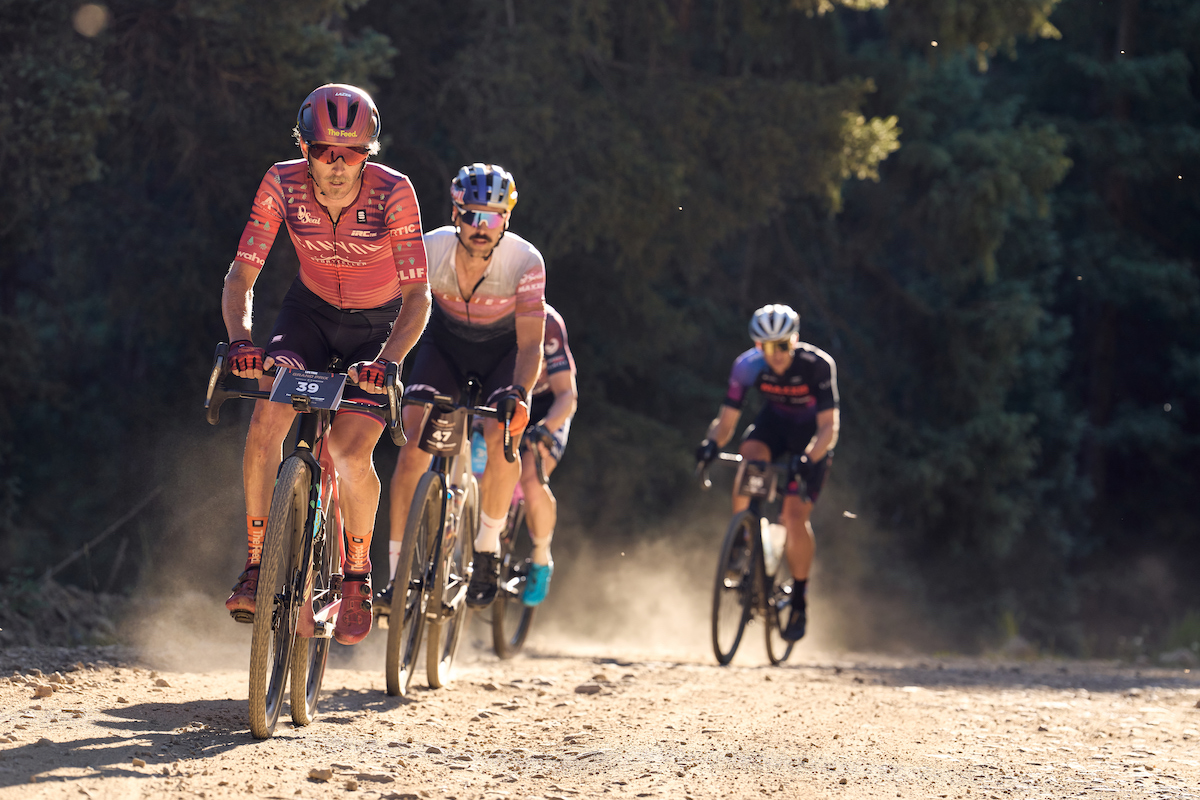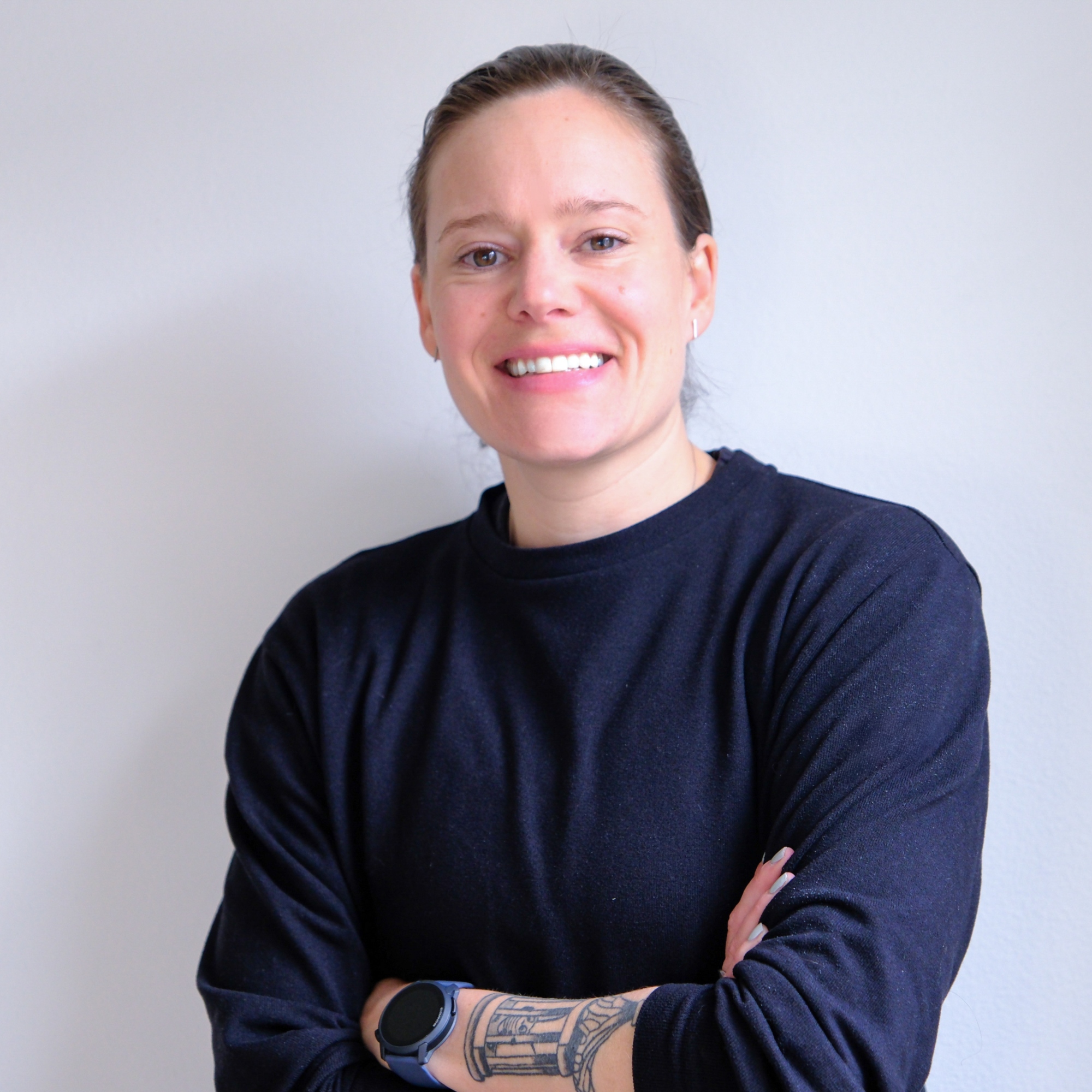Are gravel races too challenging to broadcast?
With three events left to go, FloSports and Life Time cease broadcast production for the Life Time Grand Prix series


When Life Time launched its Grand Prix series in the spring, it not only formalized a calendar for off-road and gravel cyclists and gave them an enticing $250,000 prize purse to compete for, more importantly, Life Time gave fans a season cast of 60 hand-selected diverse competitors to follow and a first-time live broadcasting of some of the biggest gravel and xc mountain bike races in the country.
With a line up of prestigious events like Unbound and the Leadville 100 as well as a competitor pool of WorldTour roadies, gravel pros, mountain bike Olympians, track world champions and pro triathletes, the concept seemed bound for success in the changing cycling landscape in the U.S. and its struggle to maintain fandom.
Not even halfway through the six-event series, however, Life Time and its broadcasting partner FloSports started running into problems.
Fans were able to tune into the season opening at Sea Otter and watch the epic conditions at Unbound in May as well. But at Crusher in the Tushar, a brutal mixed-terrain, high elevation race in Utah, media was not allowed on course due to safety concerns for the riders and the challenging course conditions.
"While FloSports would have had limited access to the course to broadcast, other technical limitations coupled with difficult course conditions would have severely limited our production and a decision was made not to send crews out," Victor Trevino, a FloSports spokesperson told Cycling Weekly.
In planning the broacast for the remaining four races of the series, technical challenges persisted and ultimately, FloSports and Life Time mutually agreed to cease broadcast production of the series all-together.
"Life Time and FloSports set out to deliver a high-quality broadcast for some of the most exciting gravel and mountain bike races in the world. This was a bold undertaking, and something that had never been done. We learned quickly that environmental challenges faced by the athletes on these courses were equally challenging for the production team," Trevino said.
The latest race content, interviews, features, reviews and expert buying guides, direct to your inbox!
"Ultimately, technical limitations, course conditions and remote locations proved insurmountable to providing a quality and consistent viewing experience. As such, we are no longer able to broadcast these races at the quality level fans and athletes deserve."
This cease in broadcasting is effective immediately, meaning that the remaining three events of the Life Time Grand Prix series —the Leadville 100, Chequamegon MTB and Big Sugar Gravel— will not have any live video coverage.
Trevino said that this doesn't necessarily mean an end to future live coverage of gravel events however, and that both Life Time and FloSports remain open to future collaborations.
"Broadcasting outdoor races whether in populated areas or remote locations can always present challenges but it can be done. Mother nature isn't always cooperative either and that can make producing a broadcast near impossible especially on unpaved roads and paths like we see in gravel races. However, as technology improves and we see new innovations in broadcasting, we hope to revisit streaming these exciting events," said Trevino.

Cycling Weekly's North American Editor, Anne-Marije Rook is old school. She holds a degree in journalism and started out as a newspaper reporter — in print! She can even be seen bringing a pen and notepad to the press conference.
Originally from the Netherlands, she grew up a bike commuter and didn't find bike racing until her early twenties when living in Seattle, Washington. Strengthened by the many miles spent darting around Seattle's hilly streets on a steel single speed, Rook's progression in the sport was a quick one. As she competed at the elite level, her journalism career followed, and soon, she became a full-time cycling journalist. She's now been a journalist for two decades, including 12 years in cycling.